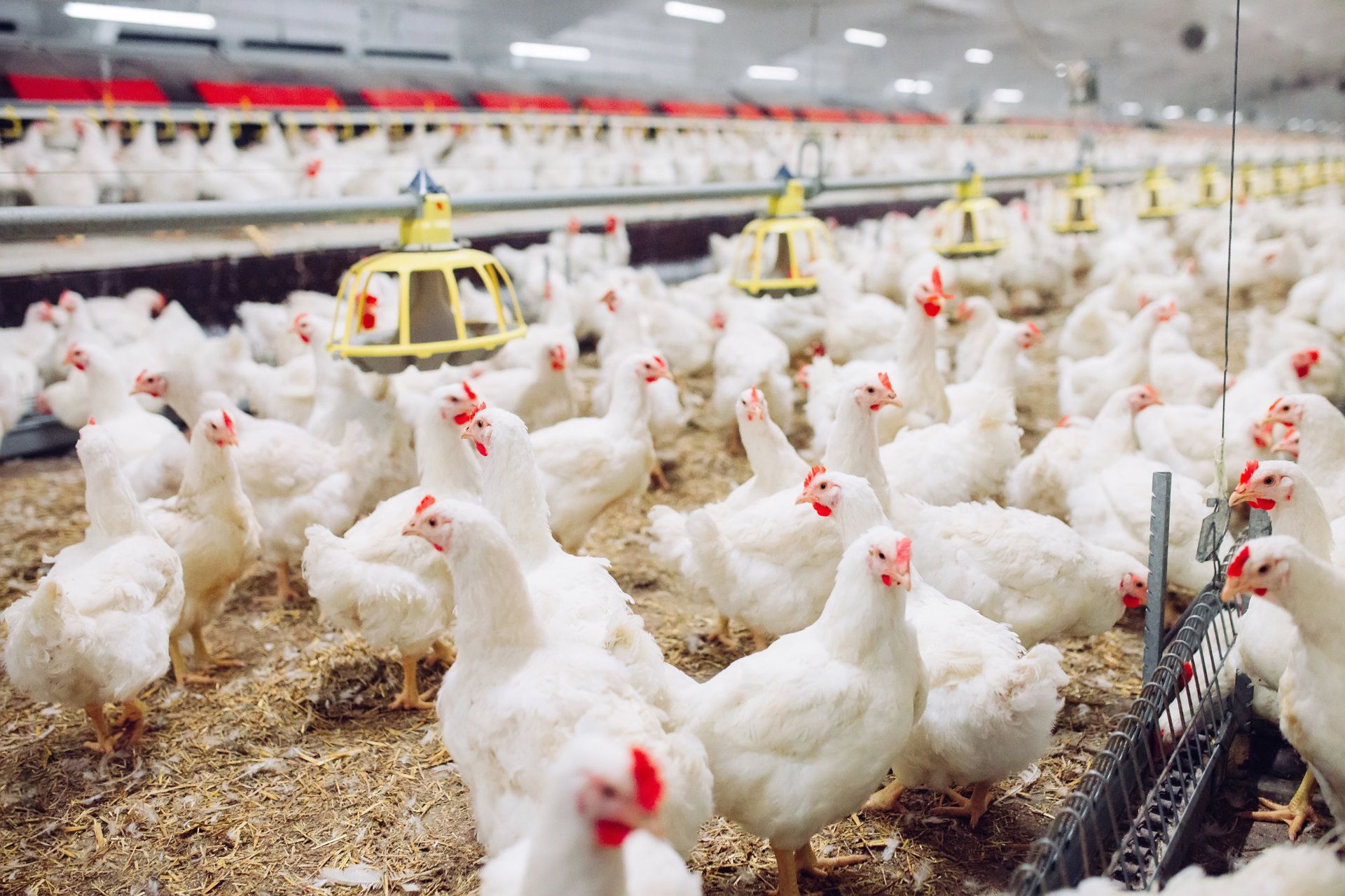
Chicken Farms and Antibiotic Resistance: A Breeding Ground for Concern
chicken farms are breeding grounds for antibiotic-resistant bacteriaChicken Farms and Antibiotic Resistance: A Breeding Ground for Concern
A recent study by scientists from the University of Nottingham has highlighted a significant issue within chicken farms: they are breeding grounds for antibiotic-resistant bacteria. The misuse and overuse of broad-spectrum antimicrobials in livestock farming contribute to this problem, creating a serious threat to both animal and human health.
Key Findings
The study focused on two common bacteria, Escherichia coli (E. coli) and Salmonella enterica, both of which are found in food animals and are known for their high levels of drug resistance. Researchers discovered that these bacteria can share genetic material that confers antibiotic resistance, especially when they coexist within the same microbial community, such as in the gut of chickens. This sharing of genetic material enhances their resistance mechanisms and presents challenges for treatment and control of antimicrobial resistance (AMR).
Methodology
The research involved collecting 661 bacterial isolates from chickens and their environments across ten chicken farms and four abattoirs in China over two and a half years. Using advanced DNA sequencing and machine learning for data analysis, the team characterised the genomic content of these bacteria. The findings revealed that bacteria coexisting in the same environment exhibit higher levels of AMR-related genetic material and similar resistance mechanisms compared to those found in isolation.
Implications
This study underscores the complexity of AMR in livestock farming, highlighting the need for comprehensive surveillance and targeted interventions. It also emphasizes the importance of understanding bacterial interactions within the same host to develop more effective treatments and control measures.
Conclusion
The research offers critical insights into how AMR spreads within livestock environments and its potential impact on human health. It calls for greater investment in data mining and machine learning technologies to investigate AMR and highlights the importance of considering bacterial co-evolution in ecological settings. This approach is vital to addressing the global challenge of antimicrobial resistance effectively.
For further details, you can read the full study here.
This study highlights the urgent need for improved management practices in livestock farming to curb the spread of antibiotic resistance, ensuring safer food production and better public health outcomes.